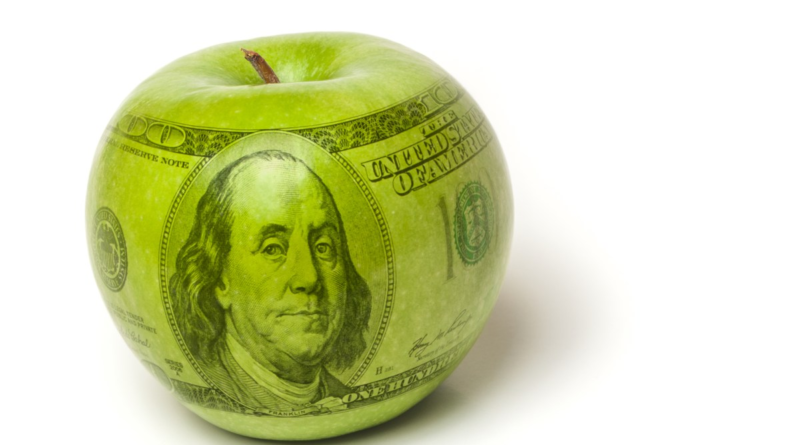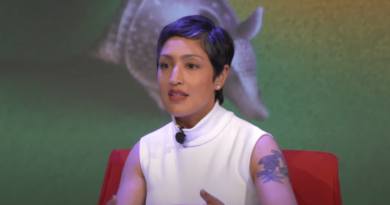VCs wanted FarmboxRx to become a meal kit, the company bootstrapped instead
Some startups choose to bootstrap from the beginning while others find themselves forced into self funding by a lack of investor interest or a business model that doesn’t fit traditional VC. FarmboxRx decided to bootstrap because founder Ashley Tyrner didn’t like the advice she was getting from potential backers.
Tyrner told TechCrunch’s Found podcast that when she went out to raise money for FarmboxRx, a direct-to-consumer produce box company meant to solve food deserts at the time, she found that venture investors were interested if, and only if, she agreed to pivot her company toward a hot trend of the moment.
“Every VC we talked to, any of them that were actually even remotely nice to us at the time wanted us to become a meal kit,” Tyrner said. “That’s not what our focus was. We did not want to jump on the meal kit bandwagon. Now looking back, I’m really glad that I never raised any capital and we still haven’t raised any capital to this day. Most of the meal kits are, you know, they’ve slowly died.”
Instead, the company leaned into its existing produce box-focused model and the supply chain it built around that strategy, and built a new revenue stream on top of that.
When it was announced that health plans would be able to offer food as medicine in 2020, FarmboxRx took advantage. The company started working with health plans to offer their boxes as a prevention mechanism to allow health plan customers to use food as medicine. Tyrner said it was difficult at first to wade through the bureaucracy and compliance needed to work with government-sponsored healthcare like Medicare and Medicaid, but eventually the company broke through and now works with approximately 90 plans.
“It has been a very, very difficult industry to crack into,” Tyrner said. “I went out to find a plan to work with us and no plan wanted to work with us. But I did find one in Pennsylvania, and I owe the head of product there, you know, a lot of my career. She took a chance on us. And then we just morphed into other plans. We actually work with, you know, the big top five we work with now.”
Since working with health plans, the boxes not only provide fresh produce to people with chronic conditions who can benefit from the produce itself, but they also include nudges and reminders to users to prompt them to do things. These friendly reminders ask users to do tasks like get a colonoscopy or an eye exam to help them prevent their health issues from getting worse.
Tyrner said that the company has seen strong growth through this model but there are still many more health plans to work with. The company has fielded inbound interest from investors for years while Tyrner stayed committed to building the product as she wanted. Now, Tyrner said the company is finally ready to take on outside money and scale to the next level.
“So we’re now in a really good position to be able to have the right investors come into the company that can really help us at our next level of growth,” Tyrner said. “You know, we’re a growth-stage company. Now we’re no longer a startup, even on the healthcare side.”




